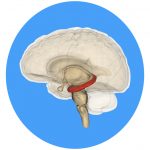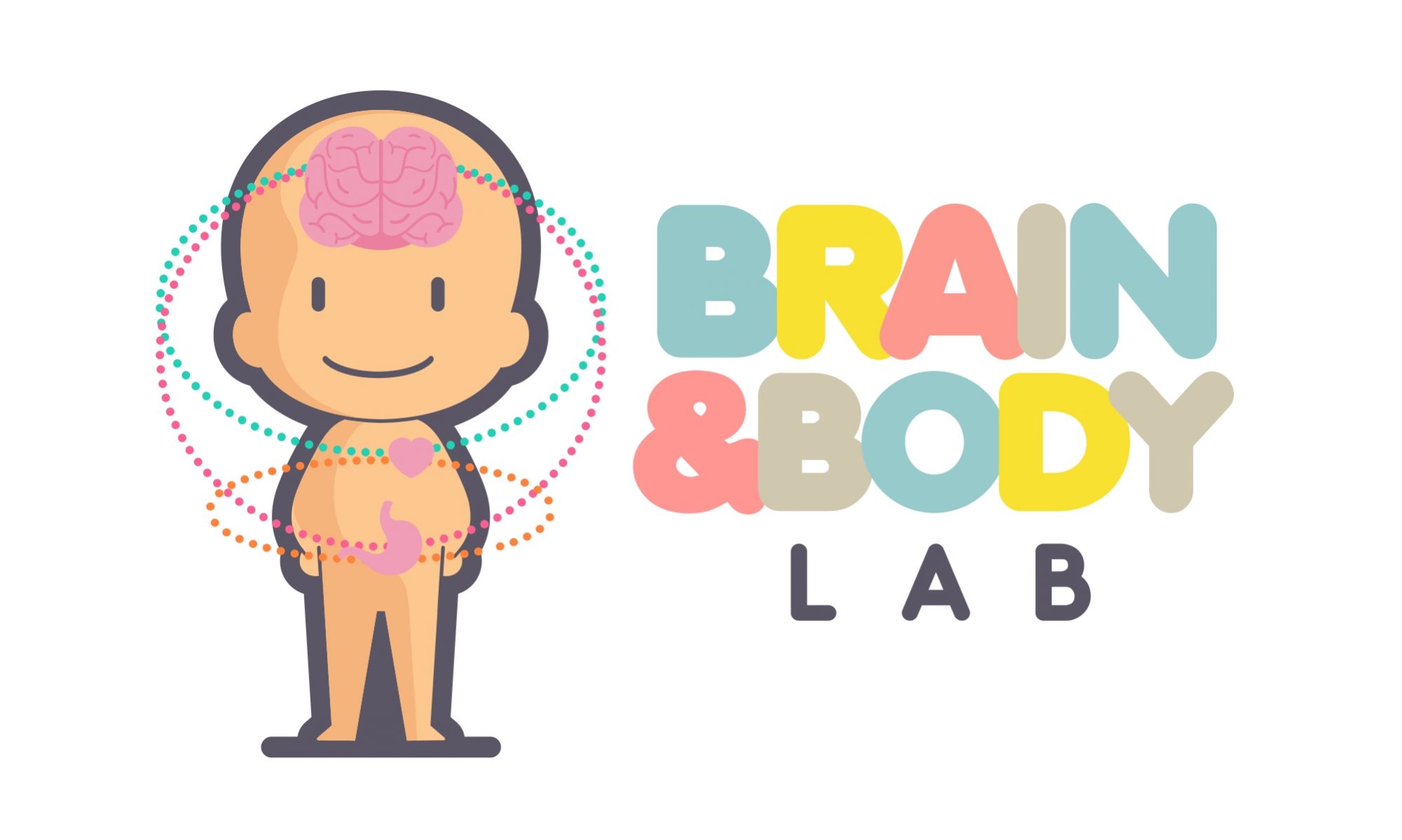In the BABLab, we study how early experiences affect the development of the brain and body, leading to mental and physical health and wellness. Below are some research questions we are currently working on.
Memory development
Childhood amnesia and the developing memory system
 Why can’t we remember things that happened to us in our infancy. Why are our memories from childhood generally ‘spotty’ and difficult to recall? This phenomenon is called ‘Childhood Amnesia’ and occurs in all altricial species (i.e., those that are born dependent on their parents). In the BABLab, we are investigating the neural mechanisms underlying long-term memory across human development using fMRI. We are also examining how early experiences (particularly of adversity) might change the development of the memory system, and how that contributes to mental health and wellness. Finally, we are exploring how biological systems that we suspect are affected by adversity (e.g., the gastrointestinal microbiome) might contribute to changes in brain development, learning and memory.
Why can’t we remember things that happened to us in our infancy. Why are our memories from childhood generally ‘spotty’ and difficult to recall? This phenomenon is called ‘Childhood Amnesia’ and occurs in all altricial species (i.e., those that are born dependent on their parents). In the BABLab, we are investigating the neural mechanisms underlying long-term memory across human development using fMRI. We are also examining how early experiences (particularly of adversity) might change the development of the memory system, and how that contributes to mental health and wellness. Finally, we are exploring how biological systems that we suspect are affected by adversity (e.g., the gastrointestinal microbiome) might contribute to changes in brain development, learning and memory.
The gastrointestinal microbiome
Brain bugs
 Many studies have suggested that our emotional functioning is linked to our gastrointestinal health, particularly in the context of stress. In fact, it is now known that our gut functions almost like a second brain, having a strong influence on how we think and feel, and how we cope with stress. In the BABLab, we examine how gut bacteria change in response to stress, and whether the effect of early stressors on gastrointestinal bacteria (the microbiome) may be involved in brain development and behavioral changes following stress.
Many studies have suggested that our emotional functioning is linked to our gastrointestinal health, particularly in the context of stress. In fact, it is now known that our gut functions almost like a second brain, having a strong influence on how we think and feel, and how we cope with stress. In the BABLab, we examine how gut bacteria change in response to stress, and whether the effect of early stressors on gastrointestinal bacteria (the microbiome) may be involved in brain development and behavioral changes following stress.
Physical-mental health associations
Gut feelings
 Physical and mental health symptoms often go hand-in-hand. Moreover, we experience mental states in physical sensations (e.g., butterflies in stomach, heart sank, stomach dropped). In the BABLab, we are examining how physical and mental health are related, particularly in the context of stress. To make links to clinical populations, we are also examining whether we can predict an individuals future risk for anxiety through a rapid assessment of gastrointestinal symptoms.
Physical and mental health symptoms often go hand-in-hand. Moreover, we experience mental states in physical sensations (e.g., butterflies in stomach, heart sank, stomach dropped). In the BABLab, we are examining how physical and mental health are related, particularly in the context of stress. To make links to clinical populations, we are also examining whether we can predict an individuals future risk for anxiety through a rapid assessment of gastrointestinal symptoms.
Neurobiology of emotional development and parent child interactions
Parental scaffolding of brain development
 Emotional learning & associated neurobiology change dramatically across development. Parent child interactions play a critical role in those maturational effects. In the BaBLab, we examine how parents regulate emotional reactivity and learning in children. We also examine how parental regulation scaffolds the development of emotion and memory neurobiology, contributing to the integrity of emotion and memory circuits.
Emotional learning & associated neurobiology change dramatically across development. Parent child interactions play a critical role in those maturational effects. In the BaBLab, we examine how parents regulate emotional reactivity and learning in children. We also examine how parental regulation scaffolds the development of emotion and memory neurobiology, contributing to the integrity of emotion and memory circuits.
